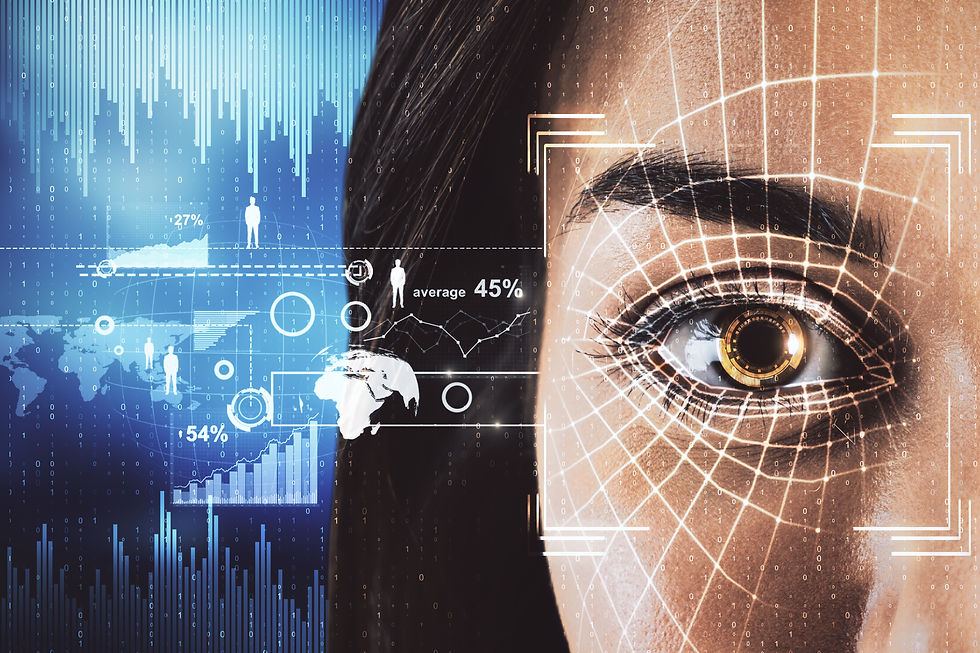UK’s first permanent facial recognition cameras installed prompting mixed reactions
- Marijan Hassan - Tech Journalist
- 8 minutes ago
- 2 min read
The United Kingdom has officially entered a new era of surveillance with the activation of its first permanent live facial recognition (LFR) cameras in Croydon, South London. This development has ignited immediate controversy, drawing sharp criticism from privacy advocates who are sounding alarms about a potential descent into a "dystopian nightmare".

However, authorities assert that the primary objective of these cameras is to bolster crime-fighting efforts by swiftly identifying individuals wanted in connection with various offenses, including serious crimes like rape, burglary, and robbery.
Unlike previous mobile deployments, which required police vans equipped with facial recognition technology, these fixed cameras represent a shift towards the routine use of biometric surveillance in policing. The Metropolitan Police argue that the system is designed to enhance efficiency and public safety, pointing to previous mobile LFR trials in the area that reportedly led to hundreds of arrests.
"This permanent installation represents a logical next step in our efforts to keep London safe," stated the Metropolitan Police in a press release. "By leveraging data and technology, we can better identify individuals who pose a risk to our communities and bring them to justice. We have stringent checks and balances in place to safeguard individuals' privacy rights."
Adding his support, Chris Philp, the Conservative MP for Croydon South, described the activation as the "logical next step" and expressed confidence it would lead to the capture of more wanted criminals, referencing previous arrests made by mobile units in the area.
Privacy concerns
Privacy advocacy organizations like Big Brother Watch are strongly condemning the move, labeling it a "worrying escalation" and a step towards a "dangerously authoritarian" society. They argue that the lack of specific legislation governing the use of facial recognition technology in the UK leaves the public vulnerable to potential misuse and overreach.
"This is a deeply concerning development that takes the UK closer to a surveillance state akin to Russia or China," said a spokesperson for Big Brother Watch. "There are no adequate legal safeguards in place to prevent the misuse of this incredibly intrusive technology. The public is being treated as walking ID cards, and their fundamental right to privacy is being eroded."
The LFR system operates by scanning the faces of individuals in real-time and comparing them against a database of individuals wanted in connection with crimes. The Metropolitan Police claim that images of individuals who do not generate a match are automatically and immediately deleted. They also assert that their system has been accredited and does not exhibit racial biases found in other facial recognition technologies.
Despite these assurances, privacy advocates remain skeptical, highlighting the inherent risks of misidentification and the potential for algorithmic bias. They argue that even the temporary capture and analysis of biometric data constitutes a significant infringement on privacy.
As the UK's first permanent facial recognition cameras begin operating in Croydon, the debate surrounding their use is likely to intensify. Whether this marks a new era of crime prevention or an irreversible step toward pervasive surveillance remains to be seen.









